Recycling industrial plastics is a critical aspect of sustainable waste management. However, several myths and misconceptions can cloud public understanding and hinder effective recycling practices. At IMPACT Recycling Partners, we are committed to educating our audience and promoting accurate information. In this blog post, we’ll address some common myths about recycling industrial plastics and provide factual information to clarify these misconceptions.
Myth 1: All Plastics Are Recyclable
Fact: While many types of plastics can be recycled, not all plastics are recyclable due to differences in their chemical composition and the recycling infrastructure available. Plastics are categorized by resin identification codes (RIC), which help determine their recyclability. For instance, PET (Polyethylene Terephthalate) and HDPE (High-Density Polyethylene) are widely recycled, whereas other plastics like PVC (Polyvinyl Chloride) and certain mixed plastics can be more challenging to recycle.
Myth 2: Recycling Plastics Uses More Energy than Producing New Plastics
Fact: Recycling plastics generally consumes significantly less energy than producing new plastics from raw materials. For example, recycling one ton of plastic saves about 5,774 kilowatt-hours of energy, compared to the energy required for producing the same amount from virgin materials. This reduction in energy use also translates to lower greenhouse gas emissions.
Myth 3: Recycled Plastics Are of Inferior Quality
Fact: Advances in recycling technology have significantly improved the quality of recycled plastics. Today, many recycled plastics can match the performance and quality of virgin plastics. Industries are increasingly adopting recycled plastics for manufacturing high-quality products, demonstrating the reliability and versatility of these materials.
Myth 4: It’s Cheaper to Produce New Plastics than to Recycle Old Ones
Fact: While the cost of recycling can vary depending on factors like location and the type of plastic, recycling often proves more cost-effective in the long run. Recycling reduces the need for raw materials, lowers energy consumption, and can decrease waste management costs. Additionally, many companies are discovering economic benefits through reduced material costs and improved brand reputation by embracing sustainable practices.
Myth 5: Contaminated Plastics Cannot Be Recycled
Fact: While contamination can pose challenges, it does not make recycling impossible. Pre-sorting and cleaning processes can effectively handle contaminants such as food residues, oils, and adhesives. Modern recycling facilities are equipped with advanced technologies like infrared sensors and automated sorting systems to manage and process contaminated plastics.
Myth 6: There Is No Market for Recycled Plastics
Fact: The market for recycled plastics is growing rapidly as more industries and consumers prioritize sustainability. Companies across various sectors, including automotive, packaging, and construction, are increasingly incorporating recycled plastics into their products. This rising demand is driving innovations and investments in recycling infrastructure, further expanding the market for recycled materials.
Myth 7: Recycling Plastics Is Not Environmentally Beneficial
Fact: Recycling plastics has significant environmental benefits, including reducing landfill waste, conserving natural resources, and lowering greenhouse gas emissions. By recycling plastics, we can decrease the environmental footprint associated with plastic production and disposal, contributing to a healthier planet.
Understanding the facts about recycling industrial plastics is essential for promoting effective recycling practices and achieving sustainability goals. At IMPACT Recycling Partners, we are dedicated to dispelling myths and providing accurate information to support our community’s recycling efforts. By debunking these misconceptions, we can work together to improve recycling rates and make a positive impact on the environment.
Stay informed and join us in our mission to promote accurate information about recycling. For more insights and updates on our recycling initiatives, visit our website or follow us on LinkedIn.


